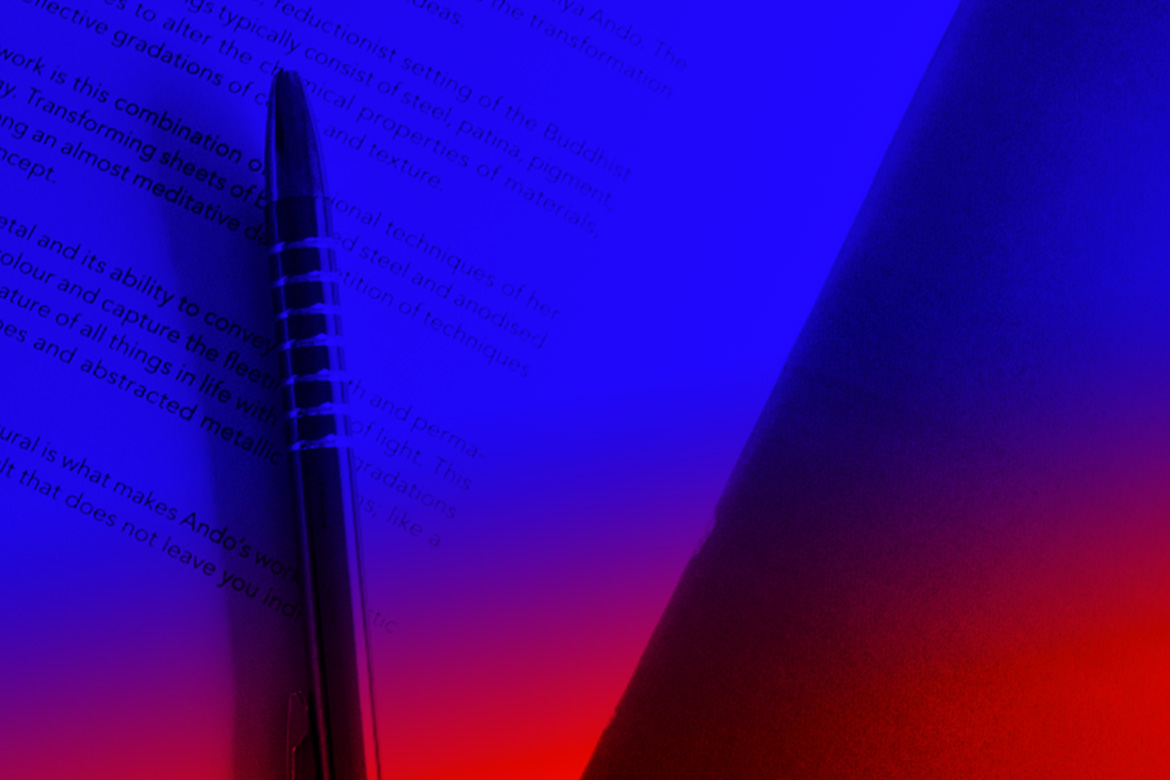
Complaint letter to BBC about bias against small parties.
Blue Revolution
22 Tower Street Boston Lincolnshire PE218RX
02 June 2017
Complaints Department
British Broadcasting Corporation
Darlington
Dear Sir or Madam
General Election 2017
As a candidate standing in the Boston and Skegness constituency I was disappointed at the treatment I received by your BBC Radio Lincolnshire and Radio 5 Live teams. As a result, I wish to formally complain and challenge what seems to be BBC policy adversely affecting the contribution small parties make to Britain’s increasingly rich political tapestry.
Firstly, I was not accorded a place on the panel of the BBC Radio Lincolnshire husting programme. When I enquired I was told that this was because the party Blue Revolution did not have a national profile. I made the point that it was a local BBC radio station and that as the only ‘other’ candidate and a local person with political experience people might wish to hear my views. Of the six candidates at the election, I was the only one excluded. I was informed it was the executive decision of the Producer from which he was not prepared to depart. I am aware other ‘Independent’ candidates were also excluded from debates in other constituencies in Lincolnshire. I was however interviewed for a recorded piece which I am told will be broadcast during the debate. The programme was postponed to Tuesday 6th May due to the terrible events in Manchester. I was not informed it was going ahead I had been told it had been cancelled, not postponed.
My second complaint relates to the Radio 5Live Marginal Mystery Tour which was broadcast from Skegness on 31st May. I found out about this by chance and was disappointed that once again I had not been invited as a local politician with expertise on issues linked to migration and community engagement. It was interesting to note that the UKIP candidate sent a stand in and did not attend in person.
As I was canvassing in Skegness that day I attended the venue and spoke to a helpful young production assistant called Jim who made a few calls and eventually I spoke with a more senior member of BBC staff by phone. I was informed that BBC policy excluded me as it is again based on a national party profile. Having decided to resume canvassing I was then called again by Jim who said that they would broadcast a few of minutes of me at around about 12.35. I was in the end given about a minute or so prior to which I had to endure some comic turn by a BBC presenter who implied (please note implied) that I was some ‘numpty’ (his words) who wanted to talk about politics rather than eat ice cream on the beach. The brief interview went well, albeit Blue Revolution being identified with parties like the ‘Fancy Dress party’ I felt was a bit unnecessary. It also seemed to me that the interview was cut short for no obvious reason. The ‘comic turn’ was unnecessary if time was a factor.
The points I want the BBC to consider are these. Britain is in danger of having a political system which fails to reflect the diversity of the British population and in its attempt to shoehorn all opinion into ‘established party’ categories the BBC leaves the electorate feeling increasingly alienated and angry. This is precisely why we set up our party Blue Revolution. We believe that the parliamentary system institutionalises two-party politics to such an extent it effectively excludes others. In so doing it reflects the adversarial and increasingly undemocratic nature of politics.
In the 21st century, the parliamentary system is becoming incapable of reflecting diverse British views at a level close to the government. Big party and current parliamentary systems effectively lock out of politics different perspectives or new opinion among a wide range of voter. The BBC in the opinion of our Party colluded with this in your treatment of me. The experience of UKIP disappearing locally confirms that the two-party hegemony prevails in an age when it really should not. We are no longer a mono-cultural, monoracial and essentially a two-class based country.
Furthermore, a constituency election is a race, not a war and therefore there is no justification for publicly funded bodies like the BBC taking sides. Blue Revolution is a serious party with a serious purpose and it is for the electorate to decide on the merits of the message who should win that ‘local’ race, not the BBC. In addition to paying my broadcast licence fee we as a party paid my £500.00 deposit to confirm I am not a frivolous candidate, that is all the BBC needed to consider
Finally, it is hard enough for a small party to fund and pay for a full one leaflet campaign which comes in at about £1000.00. In addition, there are the costs associated with starting the party in the first place. The situation is more precarious for small parties when the £500 deposit will almost certainly be lost by not gaining the 5% of the vote necessary for its return. The BBC has a critical role here. No one expects a small party to win in what is clearly a rigged two-party system, however by denying local publicity, the BBC makes the loss of the deposit more likely and therefore the future of small parties very precarious. This is something which in our opinion is not good for democracy. The BBC should champion small parties not treat them like an embarrassment to be patronised.
Please, can you consider the points above and let me have a response to my complaints. Please, could you also confirm whether you intend to put the issues I have highlighted before the BBC Executive Team and what the outcome of their deliberation was? Do they feel a review of the policy is necessary?
Yours sincerely
Mike Gilbert


